Home sale activity remains elevated across Metro Vancouver’s* housing market while the pace of homes being listed for sale continues to follow long-term averages.
The Real Estate Board of Greater Vancouver (REBGV) reports that residential home sales in the region totalled 3,149 in September 2021, a 13.6 per cent decrease from the 3,643 sales recorded in September 2020, and a 0.1 per cent decrease from the 3,152 homes sold in August 2021.
Last month’s sales were 20.8 per cent above the 10-year September sales average.
There were 5,171 detached, attached and apartment properties newly listed for sale on the Multiple Listing Service® (MLS®) in Metro Vancouver in September 2021. This represents a 19.2 per cent decrease compared to the 6,402 homes listed in September 2020 and a 28.2 per cent increase compared to August 2021 when 4,032 homes were listed.
September’s new listings were 1.2 per cent below the 10-year average for the month.
The total number of homes currently listed for sale on the MLS® system in Metro Vancouver is 9,236. This is a 29.5 per cent decrease compared to September 2020 (13,096), a 2.6 per cent increase compared to August 2021 (9,005), and is 27.7 per cent below the 10-year average for the month.
For all property types, the sales-to-active listings ratio for September 2021 is 34.1 per cent. By property type, the ratio is 25.5 per cent for detached homes, 53.1 per cent for townhomes, and 36.7 per cent for apartments.
Generally, analysts say downward pressure on home prices occurs when the ratio dips below 12 per cent for a sustained period, while home prices often experience upward pressure when it surpasses 20 per cent over several months.
“The total inventory of homes for sale remains insufficient to meet the demand in today’s market. This scarcity limits peoples’ purchasing options and ultimately adds upward pressure on home prices,” Stewart said. “With the federal election now behind us, we hope to see governments at all levels work with the construction industry to streamline the creation of a more abundant and diverse supply of housing options.”
Get in touch with Iwa if you want to know specifically about any areas, property types, or trends that you can take advantage of.








